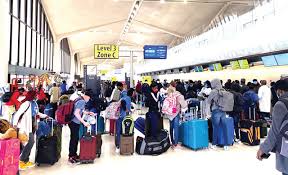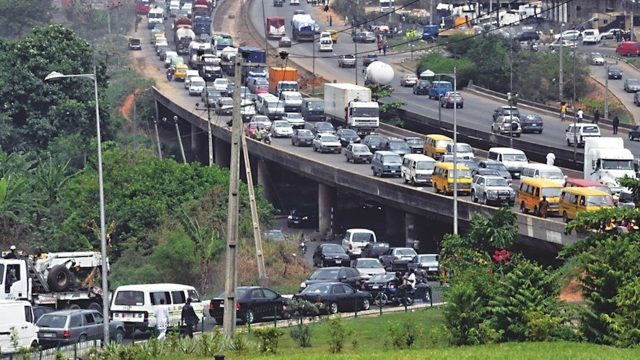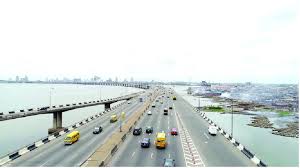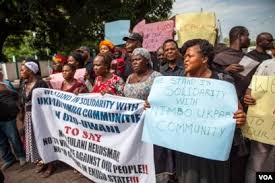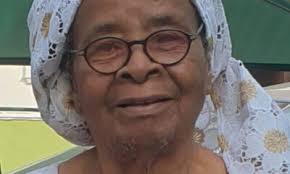Dr. Kazeem Bello is one of the founders of Nigeria in the Diaspora Organisation, NIDO, in the United States (US). In this interview, Bello provides a broader understanding of the ongoing deportation of undocumented immigrants by President Donald Trump, situating the place of undocumented Nigerians in the issue. Bello, who speaks in his personal capacity, …
